|
Is Congress legislating or playing soccer?
I want to raise my voice loudly in support of Senator McCain's exhortation for
Congress to get back to normal methods of legislating —
hold hearings, study issues, build consensus, talk to both parties —
as opposed to the steal-the-ball-and-rush-something-through that has
prevailed since the beginning of the year.
Why are legislators so in a hurry to pass health-care legislation that they don't
understand, the CBO has not analyzed (or has pronounced to be bad), and their
own constituents don't stand to benefit from?
Simple: They've stolen the ball and they want to score.
The object of the game is to represent about half of the American people
and to disenfranchise the rest.
That is not good citizenship, nor competent politics.
Permanent link to this entry
Why national health insurance is such a problem
Many, perhaps most, of the people debating health-insurance legislation do not
understand some Econ 101-level facts about health economics. Here are
points to note.
(1) The free market does not work for health care.
A successful free market requires consumers to be able to choose and evaluate
their own goods and services. But with health care:
(a) Consumers cannot judge the need for the goods and services.
(b) Consumers cannot judge the quality of the goods and services.
(c) The cost of health care has many other economic peculiarities that
even experts do not understand very well.
For example, comprehensive care may be cheaper than catastrophic care.
On the other hand, there is increasing thought in the medical community
that many people are getting too much health care.
Breast cancer and prostate cancer, for instance, are thought to be overdiagnosed —
more harm comes from treating
false positives than from failing to treat asymptomatic slow-growing
cancers. There's an overall feeling that people with no bothersome symptoms and no
known serious conditions are getting more medical care than they need.
(This is some people's opinion; it is not necessarily mine; I am not an expert.
The point is, neither are you.)
(2) Conventional insurance does not work for health care.
(a) Insurance companies have incentives that are not in the public interest.
They benefit economically from cherry-picking people who don't have pre-existing
conditions (even using genetic testing for this) and insuring only the healthy.
But that is not the purpose of health insurance.
(b) Health insurance is needlessly tied to employment because of a loophole in
World War II wage controls. There is no reason to expect employers to provide
health insurance today. (It just makes trouble when people change jobs.)
But it's written into Obamacare.
(3) Health insurance involves moral issues that other insurance doesn't.
(a) A compassionate society does not leave people to die just because their medical
treatment is expensive, though available.
(b) A compassionate society does not engage in Nazi-style eugenics, trying to
eliminate the people with hereditary risks.
With any other kind of insurance, if a building is too much of a firetrap or a
business venture is too risky, then instead of getting insurance, you can tear
down the building or cancel the business venture.
But we don't treat people that way — I hope!
(4) Whatever worked in 1950 won't work today.
The reason is simple. Today, everyone faces some risk of needing an extremely
expensive life-saving treatment.
I am not talking about futile overtreatment of the dying elderly (though some people try
to sidetrack the discussion in that direction). I'm talking about heart bypasses,
kidney transpants, etc., that give people decades of productive life, but cost more than
ten houses.
In 1950 you almost didn't need health insurance at all. These life-saving treatments
had not been invented. If you had a serious heart attack or kidney failure, you just had
to die. Even the harms of tobacco were not appreciated because people just weren't living
long enough to experience them. Progress in public health in those days meant keeping
children from getting infectious diseases.
Making it to age 65 was considered an accomplishment.
So what should we do?
I don't have a ready-made solution, but I think the key is going to be to
pool the entire population together and eliminate cherry-picking.
Yes, that means you will pay for other people's health care.
Let me say this very loudly:
THAT IS WHAT INSURANCE IS.
When you buy fire insurance, you're paying to rebuild other people's houses, not
just your own. Same for almost any other kind of insurance. Some people don't realize this!
They think they are just making a bet (somehow) that their own house won't burn down,
and that's all there is to it. No — insurance is the pooling of risk among many people.
I tend to favor a Dutch-style must-have must-carry private insurance system, where you are
enrolled in private insurance as a baby and the insurer has to keep you for the rest of your
life, no matter what happens. But I am also intrigued by the possibility of opening up
Medicare to the whole population, perhaps at higher prices than the elderly pay, but at prices
that aren't exorbitant and
don't depend on your condition. Medicare has already been implemented, and its interaction
with private supplemental insurance and private health care providers is well worked out.
Permanent link to this entry


|




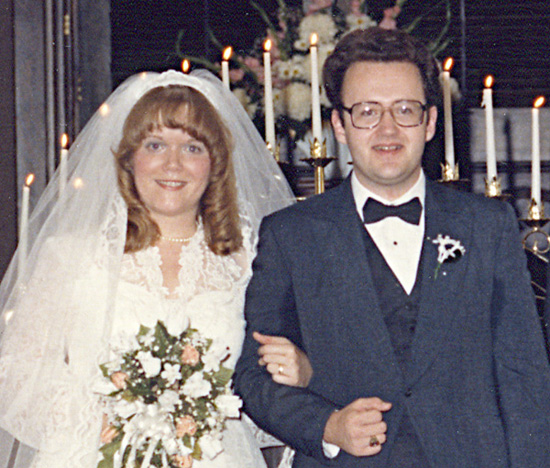

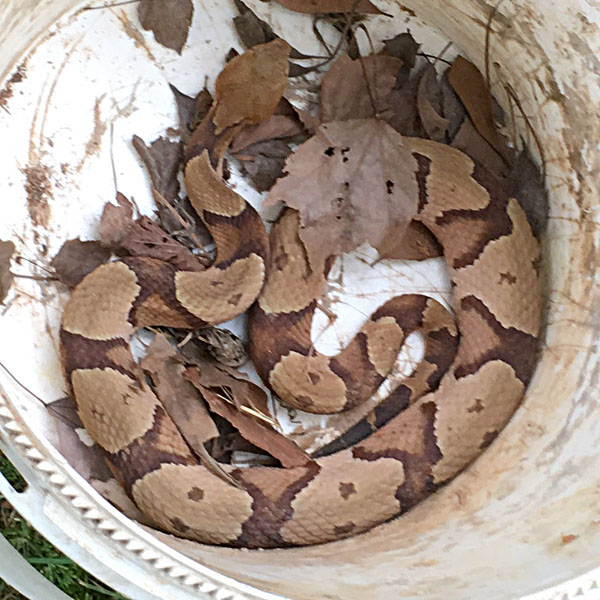
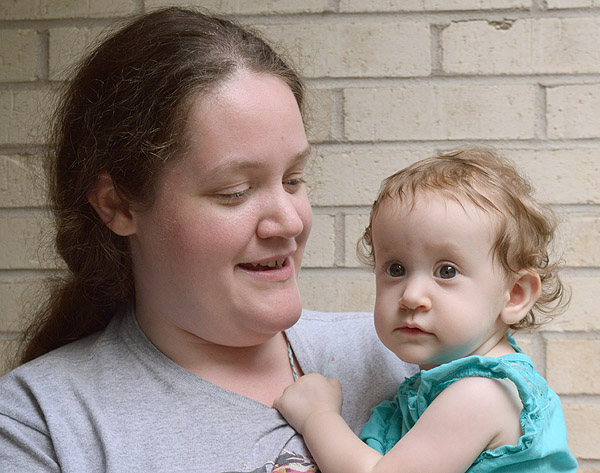
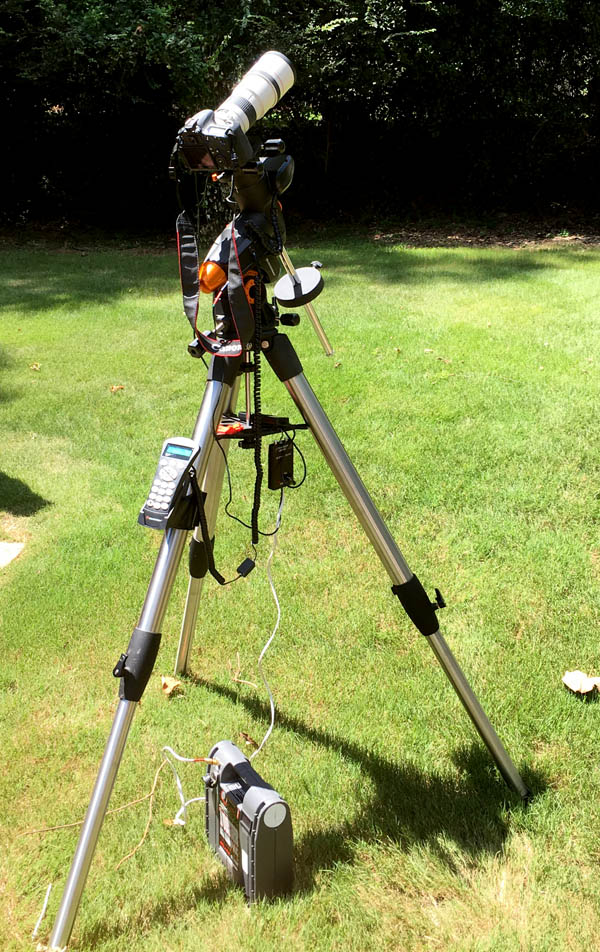
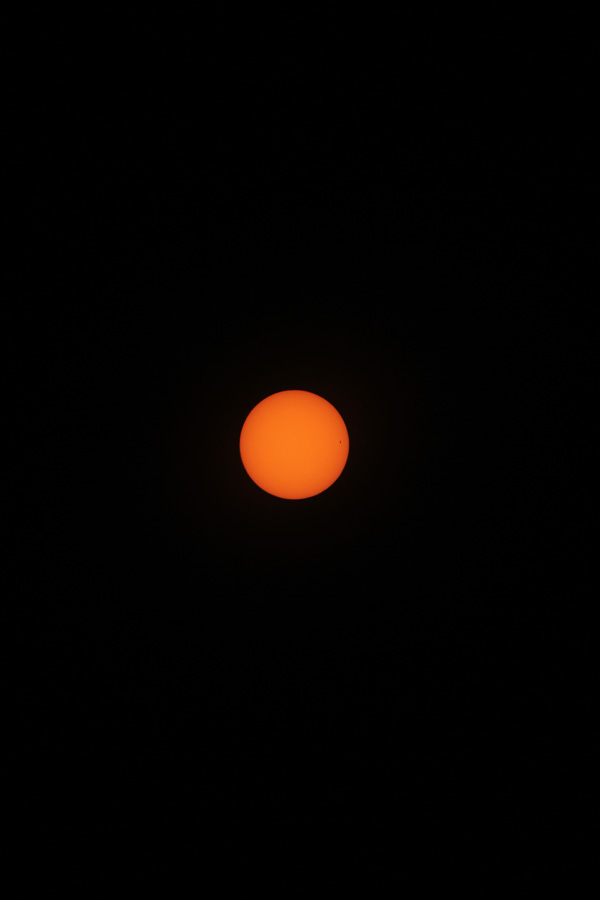
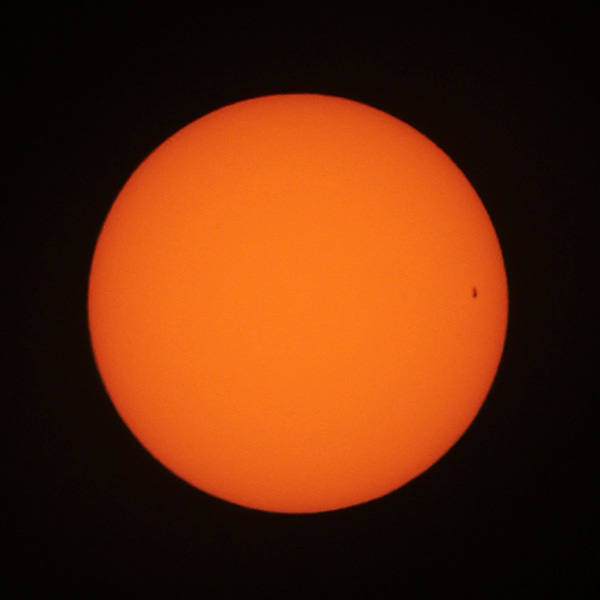
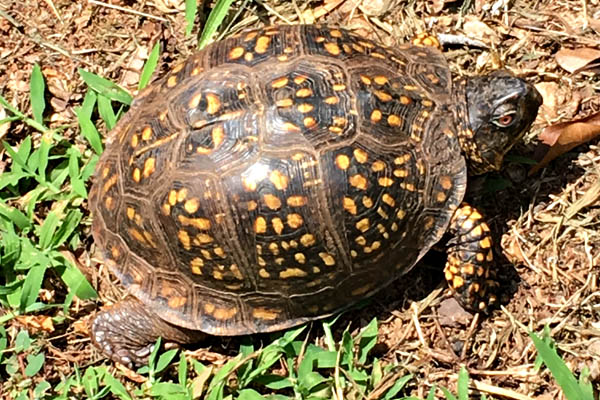
 Happy 150th, neighbours to the north!
Happy 150th, neighbours to the north!